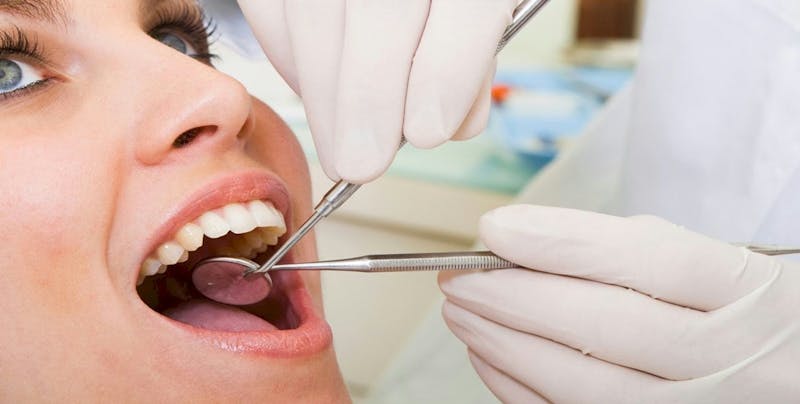
By now, you have probably heard gum companies boast about how their product prevents cavities and helps children have healthier gum lines. While this promise seems like the perfect solution for a child’s dental hygiene, new data suggests that these promises may not be true. If you’re ready to understand why gum may not help your child fight off cavities in the future, you’ll want to read this.
Xylitol Explained
The main ingredient that allows gum manufacturers to make their claims about fighting dental issues is Xylitol. Xylitol is a sugar-free sweetener that has been added to popular gum choices to make the taste of the product more enjoyable than the competition. Gum companies generally market their product by claiming that the Xylitol contained within their gum allows users to fight against bacteria and maintain a healthy smile for years to come. While Xylitol has been found to fight back against various issues that arise in the mouth, the amount needed to achieve this effect is not contained within the manufacturer’s product.
More importantly, the gum itself is not what causes the beneficial boost in dental hygiene. To understand this we must first explore how the chewing motion of gum creates an abundance of saliva to be produced within the mouth. The surplus of saliva will assist in breaking down various food particles, left over grime, assist with swallowing and remove bacteria from the surface of the teeth. As you can see, the gum product makes little difference in terms of fighting cavities and maintaining a healthy smile.
Gum That Works
But don’t let your bubble become burst: There are certain gum choices that have been approved by credible sources to improve your dental health and act as a productive practice. The American Dental Association (ADA) has approved sugar-free gum products as a healthy alternative that can assist in proper dental hygiene in both young individuals and older consumers alike. No longer will you have to feel guilty when you reach for your favorite sugarless gum after consuming a hearty meal!
However, it should be noted that the ADA does not recommend using sugar-free gum as an alternative to brushing and flossing on a regular basis. Readers should only use gum as an additional dental practice to boost their health, not as the only approach. Maintaining a productive routine of regular brushing and flossing is the only tried-and-true means of fighting cavities and other dental ailments.


